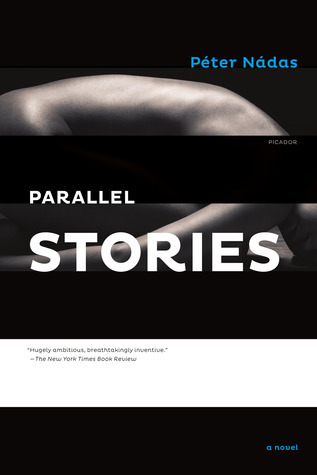
Liquidation
Book Description
Amidst the chaos of a society grappling with the shadows of history, a brutal reckoning unfolds. Protagonist György Koves, a struggling writer, finds himself entangled in the dark web of bureaucratic betrayal as he navigates the treacherous waters of post-war Hungary. Friends become foes, and trust morphs into treachery, all while haunting echoes of the past seep into the present. Every choice he makes leads deeper into a labyrinth of despair, where the price of survival is steep. How far would anyone go to reclaim their humanity in a world bent on erasure?
Quick Book Summary
"Liquidation" by Imre Kertész is a haunting exploration of personal and collective trauma in post-Holocaust Hungary. The novel follows B., a writer and Holocaust survivor, through his enigmatic disappearance and apparent suicide, and his friend Köves, who is tasked with piecing together the remnants of B.'s life. As Köves searches for a missing manuscript that might explain B.'s actions, he uncovers the scars left by totalitarianism, betrayal, and a society circling the abyss of meaninglessness. Kertész's narrative intertwines existential despair with the difficulty of trust, memory, and survival in the aftermath of immense historical trauma. "Liquidation" questions the possibility of writing, living, or loving after bearing witness to atrocity, capturing the struggles of individuals as they confront the void left by past horrors and face the crushing burdens of both remembrance and forgetting.
Summary of Key Ideas
Table of Contents
Trauma and the Shadow of History
Set in Budapest after the fall of Communism, "Liquidation" delves into a society haunted by layers of trauma. The story centers on B., a brilliant writer and Holocaust survivor who ultimately takes his own life, leaving behind cryptic manuscripts and a circle of confused friends. His disappearance prompts Köves, the protagonist, to grapple with the pervading sense of despair that saturates their circle—a generation marked by survival, bureaucratic oppression, and existential doubt.
Identity and the Search for Meaning
Köves is thrust into a reluctant investigation to locate B.'s missing manuscript, believed to offer insights into B.'s tortured psyche and perhaps into the nature of survival itself. Through interactions with B.'s acquaintances—including estranged lovers, colleagues, and intellectual adversaries—Köves encounters pervasive suspicion, reflecting a society where trust has disintegrated amidst decades of surveillance and betrayal. Each conversation reveals how deeply the trauma of history has woven itself into personal relationships.
Betrayal and Mistrust in Post-war Society
The narrative is permeated by questions of identity and purpose. Köves and the others struggle under the weight of B.'s absence and what it represents: an inability to reconcile personal history with collective memory. The ordeal of surviving atrocity, Kertész implies, can hollow out meaning, leaving survivors stranded in a world where the past cannot be confronted head-on and the future feels empty. The elusive manuscript stands as a metaphor for elusive truth, and the act of writing itself is interrogated as potentially futile in the wake of horror.
The Burden of Memory and Survival
Within these dark confines, the burden of memory is ever-present. Survivors move through routines emptied of significance, their relationships corroded by suspicion and resignation. Köves's efforts repeatedly confront the insoluble problem of memory: refusing to forget is painful, yet forgetting means a kind of self-annihilation. Liquidation, in both personal and societal terms, is positioned as a possible—if bleak—response to relentless historical trauma.
The Struggle to Write and Express Truth
By the novel's end, the search for answers remains ultimately inconclusive, echoing the uncertainty that defines post-Holocaust existence. Kertész's spare prose magnifies the emotional void and ambiguity left behind. In capturing a society on the brink of moral and existential dissolution, "Liquidation" challenges the reader to confront the painful costs of survival and the haunting ambiguities of memory, writing, and human connection in a world marked by unimaginable loss.
Download This Summary
Get a free PDF of this summary instantly — no email required.





